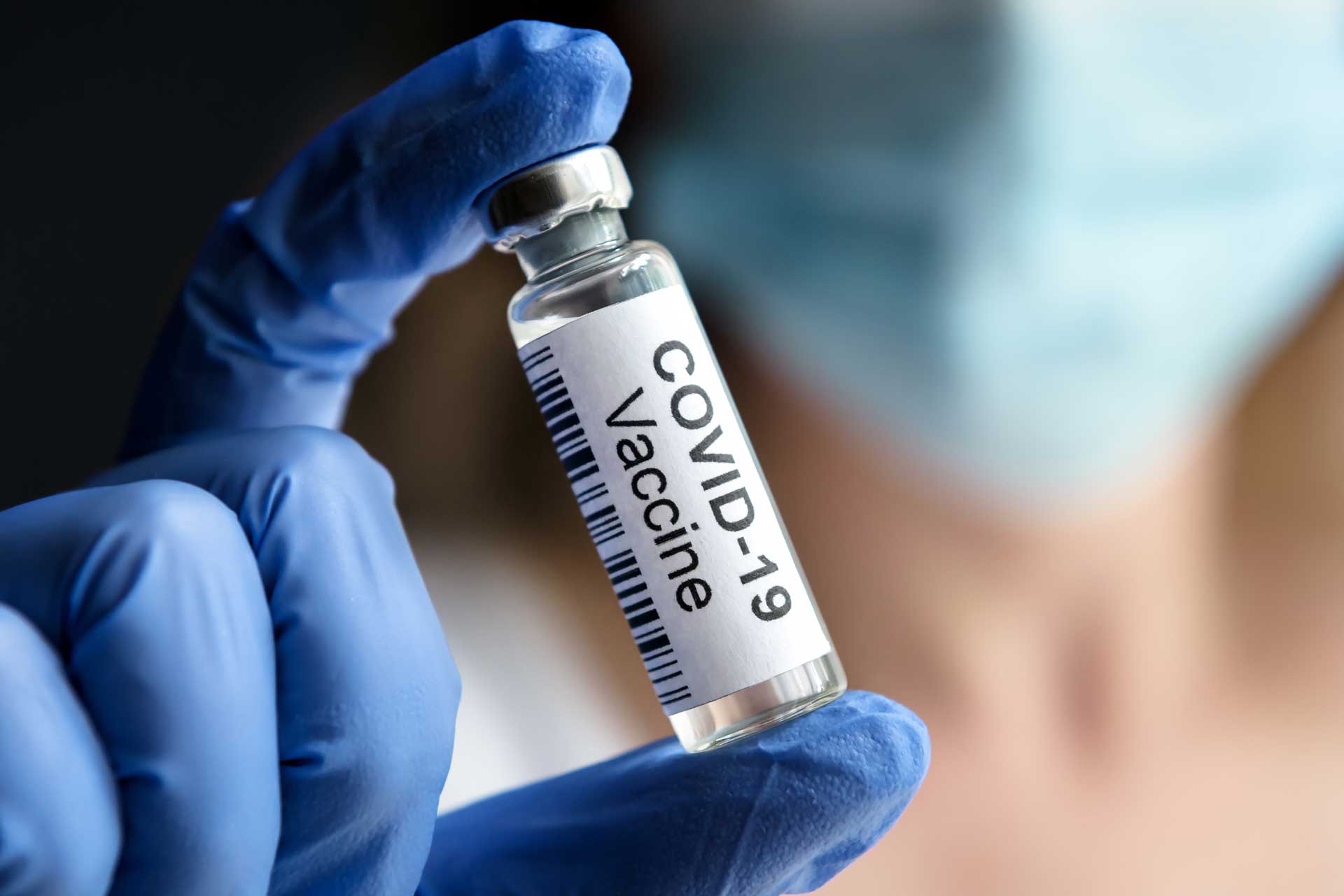
Have you considered making COVID-19 vaccinations mandatory? If so, you’re not alone. As the COVID-19 vaccine becomes more widely available, the scientific community did not foresee the next challenge being vaccine resistance, but it’s the reality that’s setting in across the country. Polling data continues to show that a significant percentage of Americans prefer not to receive the COVID-19 vaccine. Essential construction workers are less likely than the average U.S. employee to take the COVID-19 vaccine when it’s available to them. A series of surveys on employee acceptance of the vaccine found just 53% of workers in the construction industry said they would take the COVID-19 vaccine. There’s no doubt that publicizing team member vaccination is one effective way to assure customers of increased job site safety, and would mean less disruption on project completion time. So, how do construction industry leaders navigate this latest bump on the road to economic recovery? Read on for the latest guidance.
Can an employer make COVID-19 vaccinations mandatory for workers?
ANSWER: In December, the federal agency focused on workplace discrimination, the Equal Employment Opportunity Commission, said because the vaccination itself is not a medical examination, employers could make COVID-19 shots mandatory for their workers. Keep in mind that if employees have medical or religious reasons that prevent them from taking a coronavirus vaccine, employers could be legally required to give the workers some reasonable alternative to continue to work. Also, for employers with a unionized workforce, the employer must consider bargaining requirements before implementing a mandatory vaccine policy.
Can an employer ask an employee if he or she has already received the vaccine or require proof of vaccination?
ANSWER: Generally, yes. However, that inquiry can only be made, according to the EEOC, if the question is “job-related and consistent with business necessity” as provided under the ADA. To meet this job-relatedness standard, the employer will need to establish that the worker’s failure to be vaccinated would pose a “direct threat” to the well-being of that employee or others with whom the employee would have contact as part of his or her job duties.
Can an employer fire an employee who refuses to be vaccinated?
ANSWER: Possibly, in limited circumstances. The EEOC guidance reminds employers that it will need to make reasonable accommodations to employees seeking an exemption due to disability-related reasons or religious objections and will need to follow the established reasonable accommodation process under either the ADA or Title VII before taking any adverse employment actions. The EEOC cautions employers that if it can establish that an employee who is not vaccinated poses a direct threat (that cannot be accommodated without undue hardship), the employer can exclude the employee from the worksite, but the employer cannot terminate the employee without further consideration of the employee’s legal protections or other possible accommodation, including whether the employee can perform his or her job remotely.
President Biden recently moved up the timeline for vaccine allocation by ordering all states, tribes, and territories to make every U.S. adult eligible for the COVID-19 vaccines by May 1. According to New York State’s COVID-19 Vaccine Tracker, 13% of the population is currently completely vaccinated.
It is important to remember that the EEOC guidance is only that—guidance—and not a law. Consequently, some employees may legally challenge mandatory vaccination programs and there is no guarantee that a court will react favorably to a particular legal challenge. There are also important legal limitations with a mandatory program even under the EEOC’s guidance. Therefore, employers mandating the vaccine should be prepared for some resistance from employees, and many may opt to strongly encourage vaccination without requiring it. A recent survey found that while most employers have no plan to create a mandatory vaccination process, many do plan to encourage employees to get the vaccine. Nearly 90% said they would provide information to employees (e.g., how to get vaccinated, the benefits of doing so) and nearly 40% said they would offer vaccine administration at their facility to increase convenience – even though this may be easier said than done. A third said they would offer paid time off for employees to receive the vaccine and/or recover from any side effects.
We hope this summary provides some helpful information for your business to consider as you navigate this complex issue. Pursuing a mandatory vaccination program ultimately requires a company’s management, together with its legal and HR teams, to engage in significant planning and develop a program detailing how the process will work from beginning to end. If your construction company would like to talk to our dedicated team, please contact us today. Additionally, if you have HR questions, please reach out to our wholly-owned subsidiary Visions HR, and connect with Janet Giannetta.
Sources: ForConstructionPros, PBS, AARP, NY.Gov
